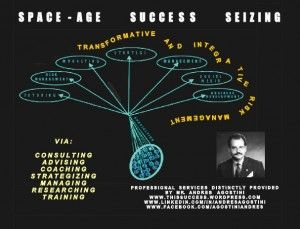Damon Tabor — Popular Science
![]()
On September 16, 2008, Carl Pike, the deputy head of the Drug Enforcement Administration’s Special Operations Division, watched live video feeds from a command center outside Washington, D.C., as federal agents fanned out across dozens of U.S. cities. In Dallas, a team in SWAT gear tossed a flash-bang grenade into a suburban home and, once inside, discovered six pounds of cocaine behind a stove, and a stockpile of guns. At a used-car dealer’s house in Carmel, Indiana, agents pulled bricks of cocaine from a secret compartment in his Audi sedan, while state troopers dragged a stove-size safe onto the lawn and went at it with a sledgehammer.
In the coming weeks, the net widened to include caches of assault rifles, a Mexico-bound 18-wheeler with drug money hidden in fresh produce, and a crooked Texas sheriff who helped traffic narcotics through his county. In Mexico City, a financier was arrested for laundering drug money through a minor-league soccer team named the Raccoons (and an avocado farm). After one especially large bust, when it came time for a “dope on the table” photo, there was in fact no table big enough to support the thousands of tightly bundled kilos of confiscated cocaine. They had to be stacked in the back parking lot of a police station.
The raids and arrests were the final stage of a DEA-led investigation called Project Reckoning—18 months, 64 cities, 200 agencies—intended to cripple Mexico’s Gulf Cartel. Over the past two decades, the organization had built a drug empire that spanned across Mexico and into the U.S. It had become pervasive, hyper-violent, brazen. Cartel operatives had smuggled billions of dollars’ worth of narcotics into the U.S. They had assassinated Mexican politicians and corrupted entire police departments. One of the organization’s leaders had famously brandished a gold-plated .45 at two agents from the DEA and FBI traveling through northeastern Mexico. The cartel had even formed its own paramilitary unit, a band of former Mexican police and special-forces soldiers called the Zetas, to seize territory and dispatch rivals. The notorious syndicate became known as La Compañia, or The Company.
Read more








